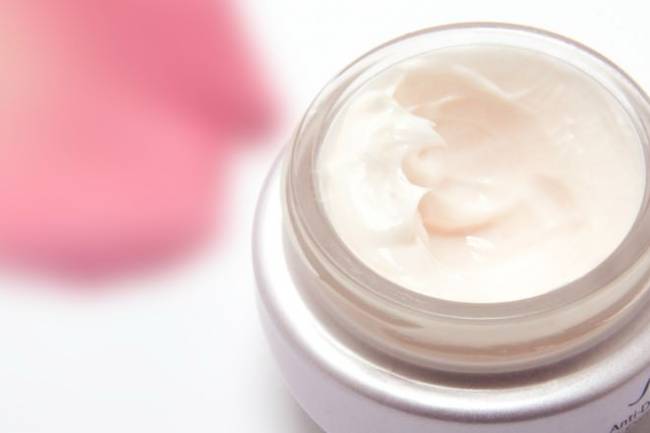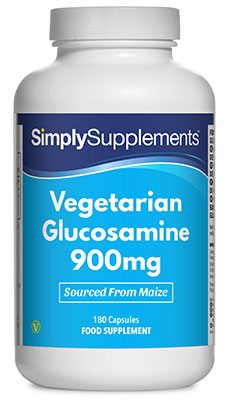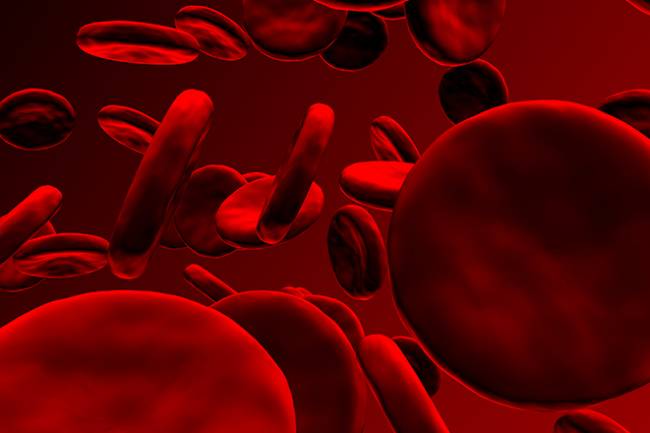Angina

Angina is not a disease, but a symptom of atherosclerosis (narrowing of the arteries) which results in a feeling of pain, pressure or ‘squeezing’ in the chest. In the UK, angina affects approximately 2 million people over the age of 35 and there are over 20,000 new cases diagnosed each year. Read on to learn about the common causes of angina and important signs to look out for. If you are already living with angina, you can also discover how to treat angina with simple lifestyle and dietary changes.
What Is Angina?
Angina, also known as angina pectoris, occurs when the supply of blood and oxygen to the heart becomes restricted. The heart needs a good supply of blood to function properly, which is delivered by the coronary arteries. But if these arteries become damaged or narrowed, the blood supply is significantly reduced, which results in tightness and pain around the chest.
There are two main types of angina; stable and unstable. Other types such as variant and microvascular are rare. but should still be aware of.
- Stable angina: When angina attacks are caused by an obvious trigger such as exercise. The pain often fades within minutes, either by itself or with the help of prescription medication. While stable angina is not directly life-threatening, it is a serious warning sign of heart disease.
- Unstable (crescendo) angina: When angina attacks occur at random and have no discernible trigger or pattern. The attack may last longer and continue after resting. Unstable angina is more severe than stable angina and requires early medical attention because it can indicate an impending heart attack.
- Variant (Prinzmetal’s) angina: This is a rare type of angina that is caused by a spasm in the coronary arteries. The pain is severe but is often relieved with medication.
- Microvascular angina: Another rare form of angina, also known as ‘Syndrome X’. Microvascular angina affects the smaller blood vessels in the heart rather than the coronary arteries and it can be tricky to diagnose because it is not associated with narrowing of the large coronary arteries.
Symptoms of Angina
The most common symptoms those with angina will experience is a pain or discomfort in the chest. Other symptoms can vary from person to person:
- Chest pains lasting between 5 and 15 minutes. The pain is sometimes described as pressure, tightness, choking or burning in the chest
- Pain radiating up to the left shoulder, neck, jaw and back
- Breathlessness
- Sweating
- Nausea
- Restlessness
If you experience sudden chest pains lasting longer than 10 minutes and/or shortness of breath, seek medical attention immediately.
Causes of Angina
Angina is usually caused by a condition called atherosclerosis, which occurs when fatty plaques such as cholesterol build up along artery walls, causing them to become narrow and stiff. This restricts the supply of blood to the heart and triggers the characteristic chest pains associated with angina. There are several factors that can increase your risk of angina, including:
- Being overweight: Excess weight means the heart has work harder to pump blood around the body.
- High blood pressure: The arteries are designed to cope with blood at a certain pressure. Exceeding this pressure can damage the lining of artery walls.
- A sedentary lifestyle: A lack of regular exercise can raise blood pressure and increase the risk of developing diabetes. Excess glucose in the blood can also damage the arterial walls.
- Eating a high-fat diet: While a certain amount of dietary fat and cholesterol is needed for the body to remain in peak condition, too much can be tricky for the body to remove.
- Advanced age: As the body ages, blood vessels gradually lose their elasticity and flexibility.
- Smoking: Smoking causes blood platelets to become 'sticky' which causes them clump together along artery walls. This triggers inflammation and speeds up the progression of atherosclerosis.
- Family history: Heart disease often runs in families, so having a close relative with angina means your risk of developing it is increased.
Is Angina Life Threatening?
Stable angina itself isn’t life threatening but it often indicates that a person is at increased risk of a life-threatening heart attack and stroke. It is estimated that every year 1 in 100 people with stable angina suffer a fatal heart attack or stroke, caused by fatty plaques breaking away from artery walls and forming blood clots that block blood flow to the heart (heart attack) or brain (stroke).
Unstable angina is more serious and requires immediate medical attention. This is a sign that heart function is rapidly deteriorating.
How to Treat Angina
While there is no cure for angina, there are many effective treatments to reduce the progression of atherosclerosis and lessen pain and discomfort. If you have experienced chest pains or periods of breathlessness, consult your doctor to establish an effective angina treatment plan to suit your individual needs.
Lifestyle Changes
- Quit smoking: The chemicals in cigarettes damage the delicate lining of blood vessel walls, which triggers inflammation and a build-up of fatty plaques. Smoking also raises blood pressure and reduces the amount of oxygen in the blood.
- Lose excess weight: Maintaining a healthy weight lowers blood pressure, cholesterol and the risk of heart disease and type 2 diabetes. Eat a balanced diet and take regular exercise to lose any excess weight.
- Follow a healthy diet: A healthy, cholesterol-lowering diet includes plenty of fresh fruits and vegetables, whole grains, fish, lean meats, nuts and seeds.
- Avoid overly sugary and fatty foods: Junk food is loaded with sugar and saturated fat, which raises cholesterol levels and contributes to weight gain. Plus, many of these foods offer little nutritional value.
- Exercise: Just 20 minutes of exercise a day can help you to shed any excess pounds, naturally lower cholesterol and blood pressure, and relieve stress.
- Avoid alcohol: While there is evidence to show that a small amount of alcohol can be beneficial for heart health if you have already been diagnosed with a heart condition, it is best to cut it out altogether.
- Reduce stress: Stress and anxiety increase blood pressure and place extra strain on the arteries and heart, which increases the risk of heart disease over time. Take time to relax by practising deep breathing, yoga, meditation, or gentle exercise.
Natural Remedies for Angina
Magnesium
Magnesium is essential for the proper growth and maintenance of bones, nerves and muscles. Low levels of magnesium can result in painful spasms along the coronary arteries, which restrict blood flow to the heart and trigger the pain and tightness associated with angina. Increasing magnesium levels improves the delivery of oxygen to the heart, relaxes coronary artery walls, and increases the production of energy within the heart muscle. Good sources include leafy green vegetables, nuts, whole grains and magnesium tablets.
Plant Sterols
Plant Sterols have been proven to reduce LDL (bad) cholesterol levels by up to 12.5% over a three week period, which helps to significantly reduce the risk of angina and cardiovascular disease. They work by mimicking cholesterol in the bloodstream and blocking its absorption, and many people find that plant sterols can be taken safely alongside cholesterol-lowering drugs like statins. The best sources of plant sterols are fortified margarine spreads, yoghurts and orange juice. You can also take plant sterol supplements to cover any dietary shortfall.
Omega 3
The omega 3 fatty acids EPA and DHA help to lower triglyceride levels, increase good (HDL) cholesterol levels and minimise blood clotting. Their anti-inflammatory action reduces the build-up of fatty plaques along artery walls and lowers the risk of blockages. The Department of Health recommended eating two portions of oily fish a week in order to consume sufficient levels of EPA and DHA. Omega 3 supplements can help to ensure your diet covers all your omega needs, while pumpkin seeds, flax seeds and walnuts are useful fish-free alternatives.
L-Arginine
L-Arginine is an amino acid required for the process of normal cell division, wound healing, immune function and hormone regulation. It also increases the production of a chemical called nitric oxide, which dilates blood vessels and improves blood flow around the body. When taken in supplement form, L-Arginine may help to lower blood pressure, particularly for pregnant women with high blood pressure.

 Nicole
Nicole 
























